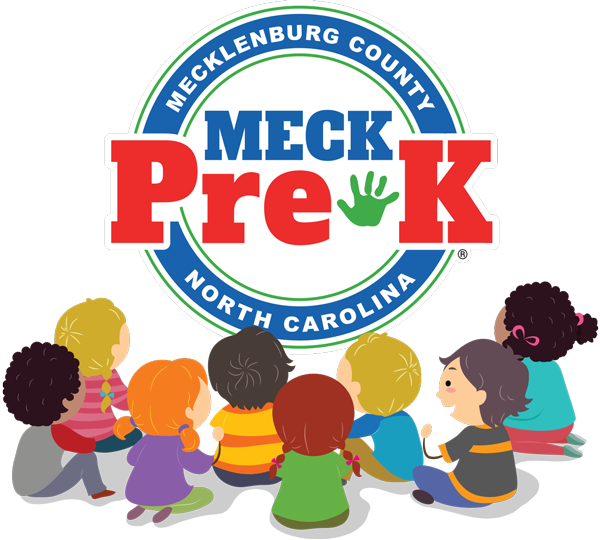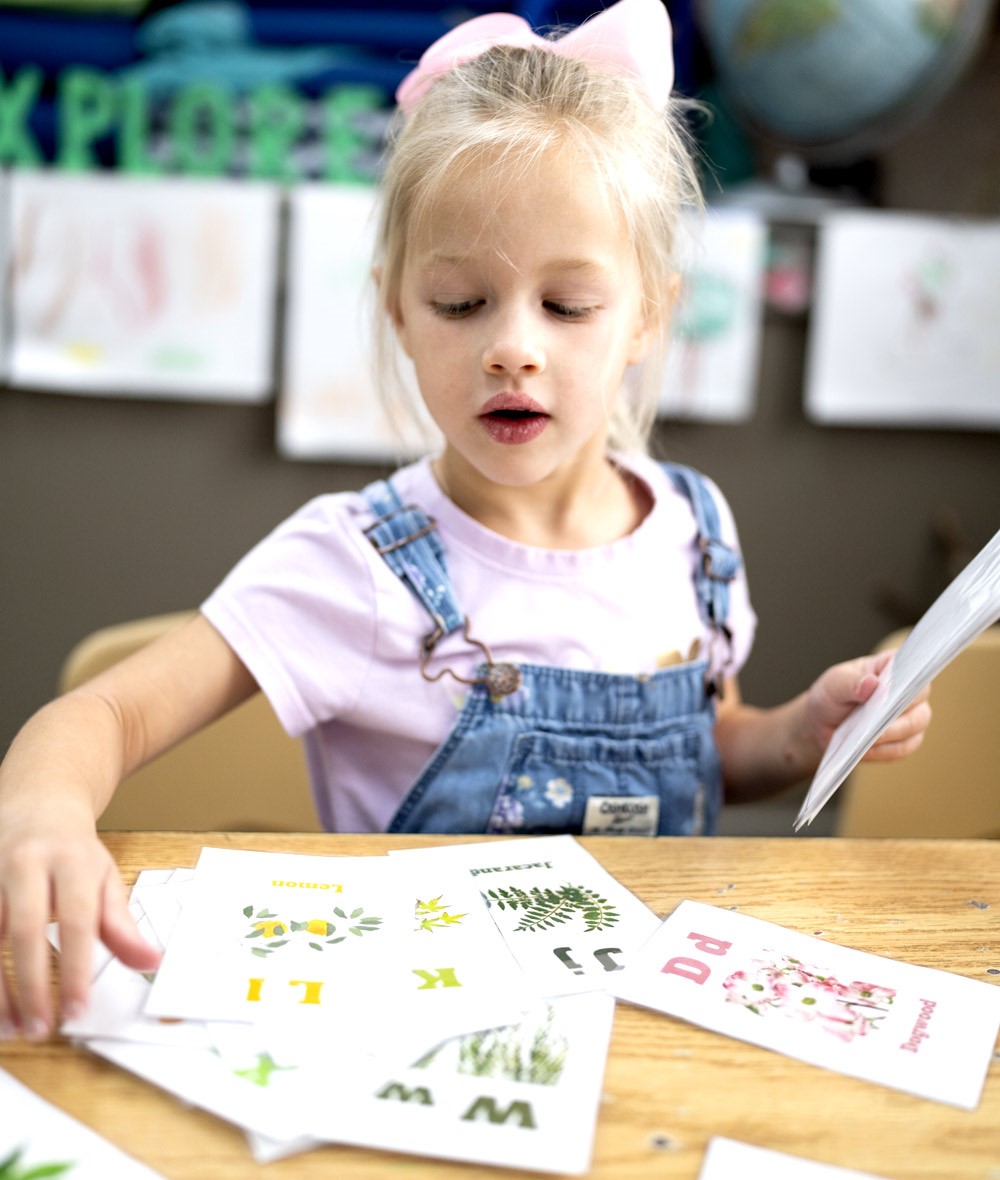Benefits of Pre-K for Your Child
It can be tough to decide whether to enroll your child in pre-k when they are only 3 or 4 years old. Yet, research has shown that children build a strong foundation in social, pre-academic, and general life skills during preschool. The benefits of pre-k extend beyond school into adulthood (see Reynolds & Ou, 2011).
When strong foundations for learning are established during their early years, children gain advantages during their school years and beyond. Research has shown that graduating from preschool results in improved academic results, higher incomes, and less criminal behavior (see Reynolds, Temple & Ou, 2010).
Children develop a positive association with learning as they learn in ways that interest them in preschool. This helps children acquire a drive to learn that will motivate them throughout their time in school.
What Is Pre-K?
A pre-k provides early years education for 3- to 5-year-olds and helps children develop the basic skills they will need to progress seamlessly to kindergarten. They will have an opportunity to socialize with other children and learn new things in a safe environment. Children who have attended preschool enjoy a range of benefits.
Academic Benefits of Pre-K
Research demonstrates that preschooled children outpace their peers who did not participate in pre-K academically throughout their school years and beyond (see Philips et al., 2017). Children learn letters and numbers at pre-k to establish the foundations of literacy and numeracy.
Math
Pre-k children learn about numbers and how to count. A lot of this learning will be integrated naturally into other play-based activities they share with other children. They will not be tested at this stage, but learning about numbers early on establishes a strong foundation for numeracy later.
Literacy
Similarly, preschool children will learn to identify letters and to say the alphabet, often as a part of other activities like story time. Becoming familiar with letters and their sounds establishes strong foundations for developing literacy skills like reading and writing.
Social Benefits of Pre-K
Pre-k is mostly about developing the social skills required to develop healthy relationships with others rather than academic abilities.
Social benefits include learning how to take turns, showing empathy for other people, and controlling the expression of powerful emotions. Without these abilities, children would have a tough time achieving academic success in later years.
By the age of 3, children become much less selfish as their sense of identity becomes more firmly established and their growing self-confidence fuels greater independence. Pre-k provides an opportunity for young children to develop the social skills needed to be able to learn in the classroom.
Physical Benefits of Pre-K
It might surprise you to hear that physical development has a direct impact on a child’s learning ability. Pre-k encourages children to spend plenty of time playing together both outside and indoors. Play helps children develop the following abilities:
- Fine motor skills to be able to hold a pencil and write as they grow older
- Gross motor skills that allow them to balance and coordinate their actions.
- Mind-body connections that they need to navigate their environment, develop spatial awareness, and engage with the other kids and adults around them.
Developing these skills at pre-k boosts children’s self-confidence by supporting their developing capabilities and is crucial for all types of learning.
Additional Benefits of Pre-K
Although your child might be intimidated at first, they will quickly realize that pre-k is fun and enjoyable. Sending your child to pre-k will improve your relationship with them over time by:
- Providing respite from daily childcare and parenting responsibilities
- Enabling you to return to work or other interests
- Giving both of you an opportunity to have different experiences you can share when you are together.
You will begin to communicate with your child in new and exciting ways by listening to their stories, looking at their crafts, and hearing about their newly acquired knowledge. This will enrich your relationship with your child.
Additional benefits of pre-k include establishing a consistent structure and routine so that getting ready for kindergarten doesn’t become a battleground! Also, early years education can inspire a lifelong love of learning.
How to Choose a Pre-K Program?
You’re bound to have concerns about how to choose the right pre-k program for your child. There are different types of pre-k programs, both public and private, and those that offer different types of curricula. If you need more guidance, take a look at our article on what you need to know before enrolling your child in pre-K.
Public pre-k programs provide free early years education that prepares your child for kindergarten. For more information on what’s available locally, check out our article on how to find a free pre-K near you!
MECK Pre-K Is Your Public Pre-K Option
If you live in Mecklenburg County, North Carolina, you have access to MECK Pre-K! MECK Pre-K is high-quality, free pre-k education open to all four-year-old children in Mecklenburg County. Classrooms are located in licensed child development centers. Classes are taught by licensed teachers and highly qualified assistant teachers.
Please note, children need to turn four years old on or before August 31 of that school year to be eligible for MECK Pre-K. If you have any questions for our English and Spanish speaking staff, please feel free to contact us. To reach out, simply email info@MeckPreK.org, call 704-943-9585, or complete our online form. We’d be happy to hear from you!
MECK Pre-K is administered by Smart Start of Mecklenburg County and funded by Mecklenburg County. Smart Start mobilizes resources, forges partnerships, and supports families to improve early childhood health, education and development, and ensure that children are prepared for kindergarten.

